Top 10 Medical School Stories of 2019
2019 was an exciting year for the Medical School filled with innovative research, forward-thinking approaches to education, caring connections with our community, and new ways to deliver outstanding care to our patients. As always, we are focused on serving the state and building a lasting legacy of academic medicine.
Here are the Medical School’s top 10 most-read stories from 2019.
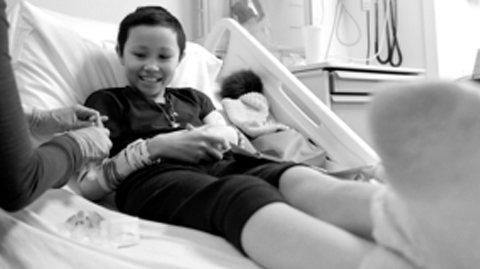
#10. 15 year-old Nathalia Hawley Gives Hope to Osteosarcoma Patients
15-year-old Nathalia Hawley, or “Nat” as she goes by, sits in her “home away from home” with her mom Katy, a small two-bedroom apartment typically used for student housing on the University of Minnesota campus. It’s more than four hours from their actual home, in Duluth, but a convenient five-minute shuttle ride from the University of Minnesota Masonic Children’s Hospital where she is receiving treatment.
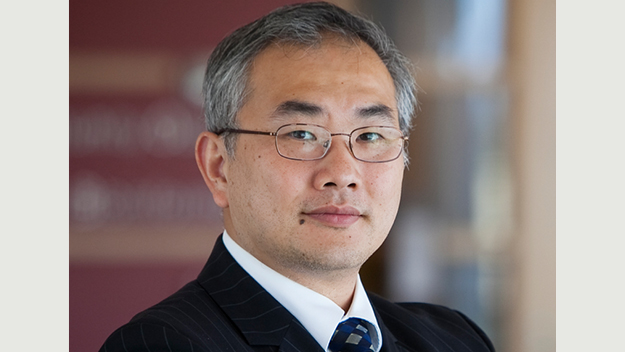
#9. Clinical Trial Gives Hope to Glioblastoma Patients
Glioblastoma is the most common form of brain cancer in adults. While chemotherapy and radiation therapy temporarily halt glioblastoma growth, tumors eventually resume aggressive growth and recur to near uniform fatality. New data from a Phase II, multi-center study led by Clark C. Chen, MD, PhD, Lyle French Chair in Neurosurgery and head of the University of Minnesota Medical School’s Department of Neurosurgery, suggest that an innovative viral immunotherapy is defying this grim survival expectation, offering hope to patients with recurrent glioblastoma.
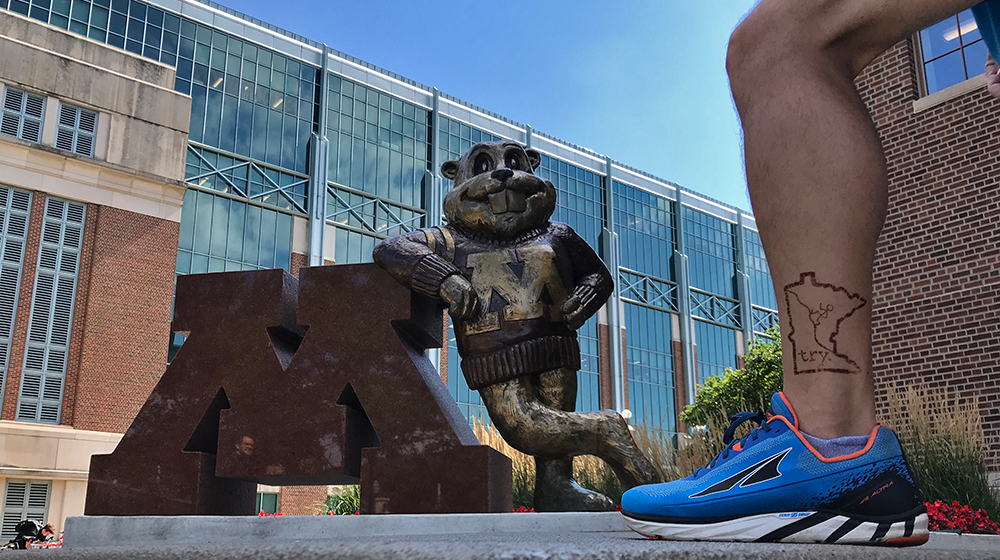
#8. U of M Alumnus Runs 600 Miles to Raise Awareness for Multiple Sclerosis
Chad Mickelson is running 600 miles from the southeast corner of Minnesota to the northwest tip. His motivation to do so came from a recent diagnosis of multiple sclerosis (MS); MS is a progressively degenerative neurological disorder which attacks the myelin surrounding nerves that carry information to and from the brain. Myelin acts as an insulator to improve nerve conductivity and can affect one’s ability to sense, think, activate muscles and see.
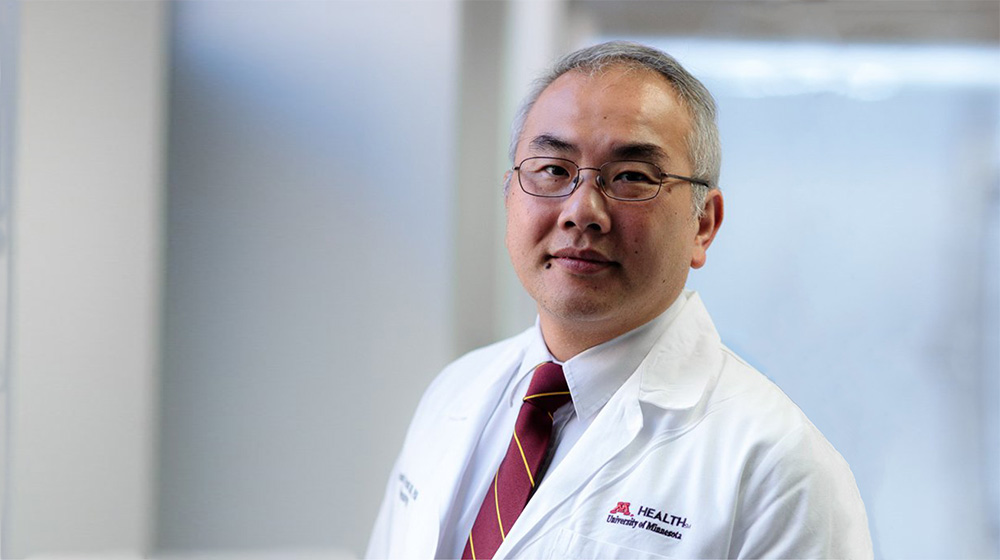
#7. The “Goldilocks” Principle for Curing Brain Cancer
In the story of Goldilocks, a little girl tastes three different bowls of porridge to find which is not too hot, not too cold, but just the right temperature. In a study published in Advanced Therapeutics, University of Minnesota Medical School researchers report on a “Goldilocks” balance which holds the key to awakening the body’s immune response to fight off brain cancer.
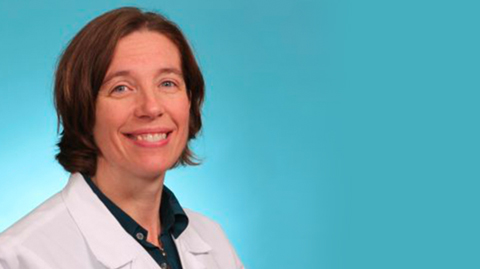
#8. Susan Culican, MD, PhD, Named New Associate Dean for Graduate Medical Education
We are delighted to announce that Susan Culican, MD, PhD as our new Associate Dean for Graduate Medical Education (GME). Dr. Culican will also be a Professor in the Department of Ophthalmology and Visual Neurosciences.
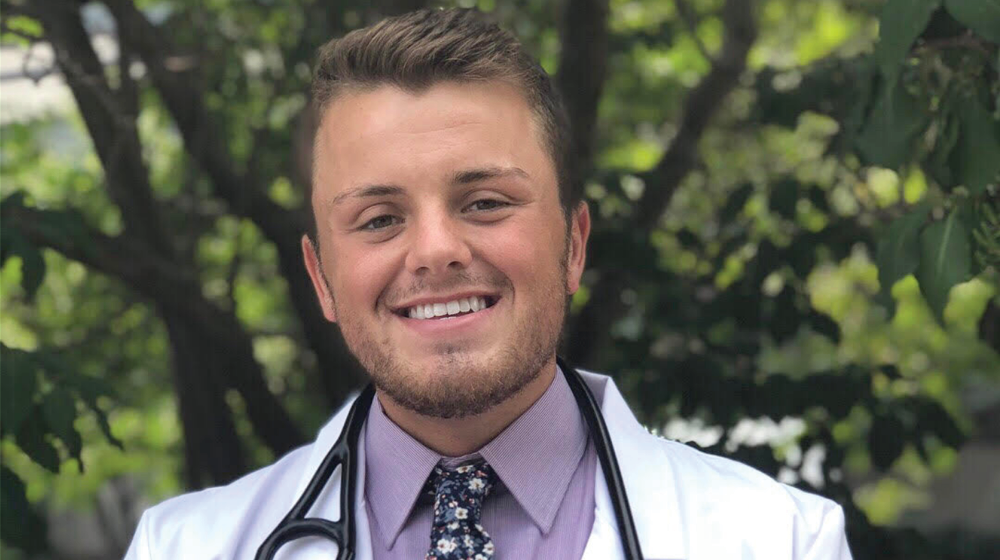
#5. Equality in Medicine: Addressing LGBTQ+ Healthcare from a Medical Student's Perspective
In honor of Pride Month, MS2 Duluth Campus student and 2022 Class President, Mitchell Moe, reflects on his own experiences growing up in rural Minnesota as an LGBTQ+ individual and the need for equality in medicine.

#4. UMN Family Medicine Resident Goes Viral with Anti-Vaping Posts
North Memorial resident Rose Marie Leslie, MD, has captured the attention of nearly 250,000 followers on the popular video sharing app TikTok with her concise and friendly mini-lessons on everything health-related, from kidney stones to menstrual cups. She also shares brief, humorous anecdotes about the life of a medical resident at Broadway Family Medicine. Recently, Dr. Leslie gained national attention for her videos on the dangers of vaping and e-cigarettes.

#3. UMN Medical School Researchers Discover How to Treat Diastolic Heart Failure
Research out of the University of Minnesota Medical School and published in the Journal of Clinical Investigation Insights uncovers what causes diastolic heart failure and how it can be treated. In the article, “Magnesium supplementation improves diabetic mitochondrial and cardiac diastolic function,” author Samuel Dudley, MD, PhD, Academic Chief of Cardiology at the University of Minnesota Medical School and his fellow researchers found that magnesium can be used to treat diastolic heart failure.
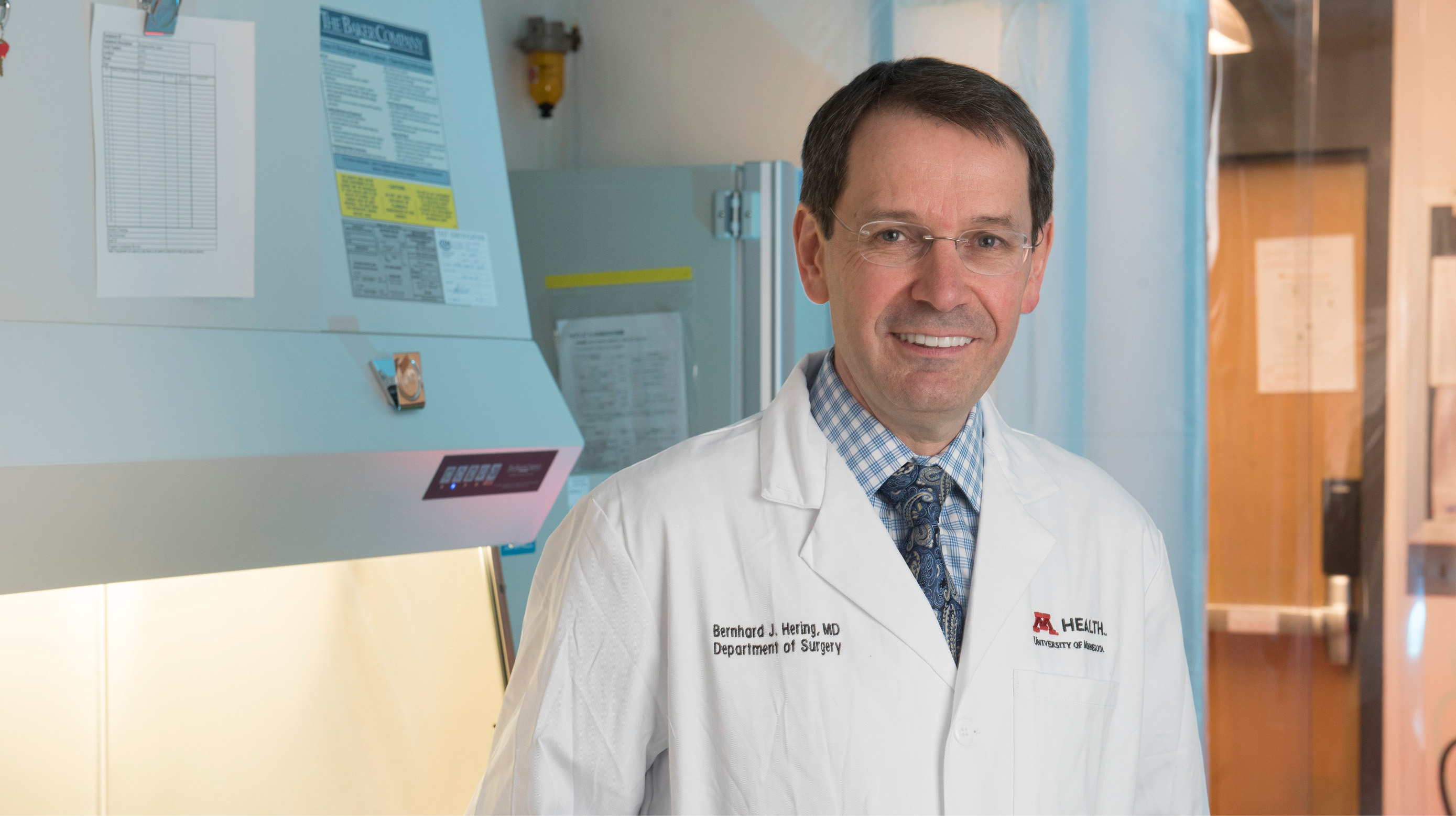
#2. Researchers Remove the Need for Anti-Rejection Drugs in Transplant Recipients
In a study published in Nature Communications, researchers at the University of Minnesota Medical School’s Department of Surgery and Schulze Diabetes Institute, collaborating with colleagues at Northwestern University, have maintained long-term survival and function of pancreatic islet transplants despite complete discontinuation of all anti-rejection drugs on day 21 after the transplant.
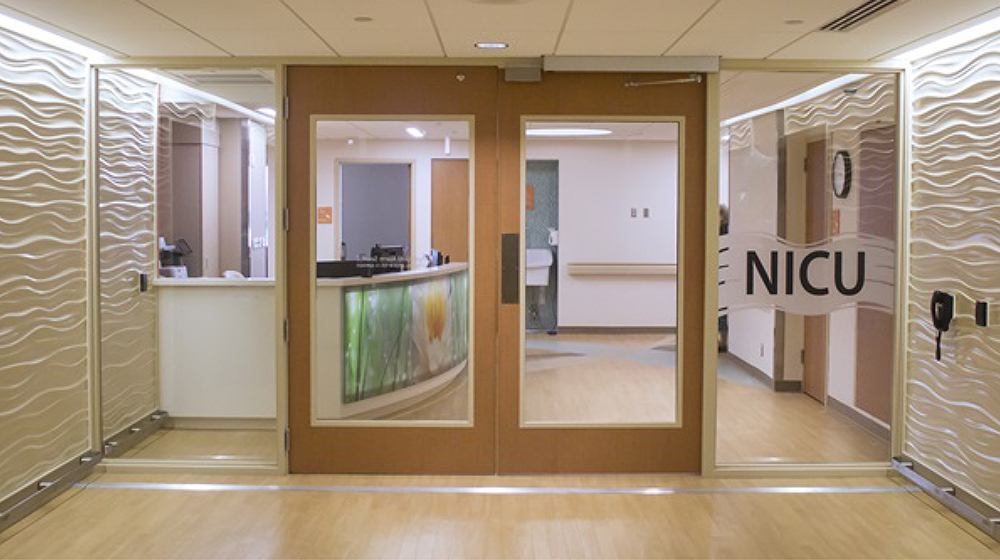
#1. U of M Professor Awarded $800K Grant to Study How Music Therapy Impacts Neurodevelopment and Pain in Preterm Infants
Sonya Wang, MD, a pediatric neurologist with M Health Fairview, associate professor in the Department of Neurology at the University of Minnesota Medical School, has a lot to look forward to in the year 2020. Dr. Wang recently received a grant worth more than $800,000 over two years from the National